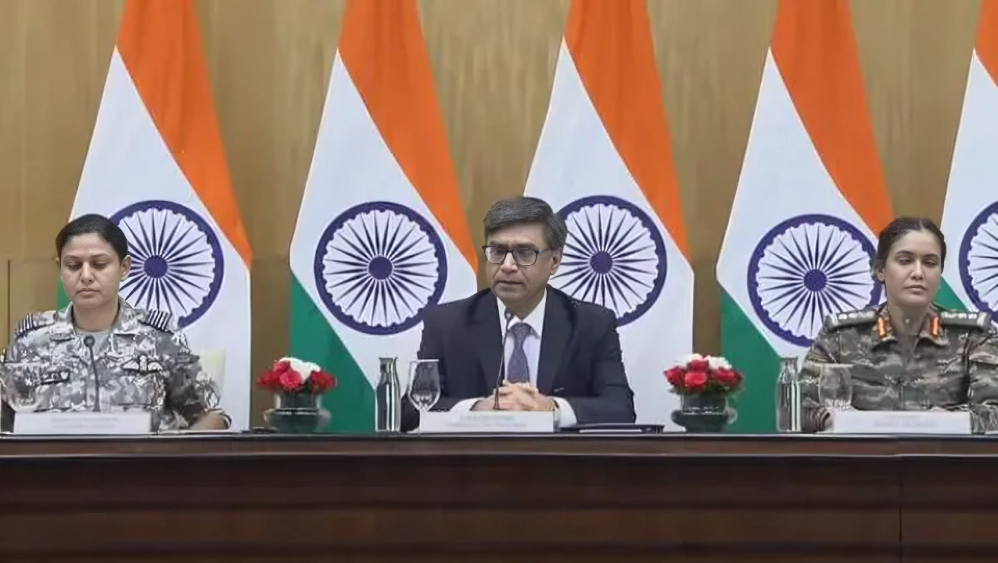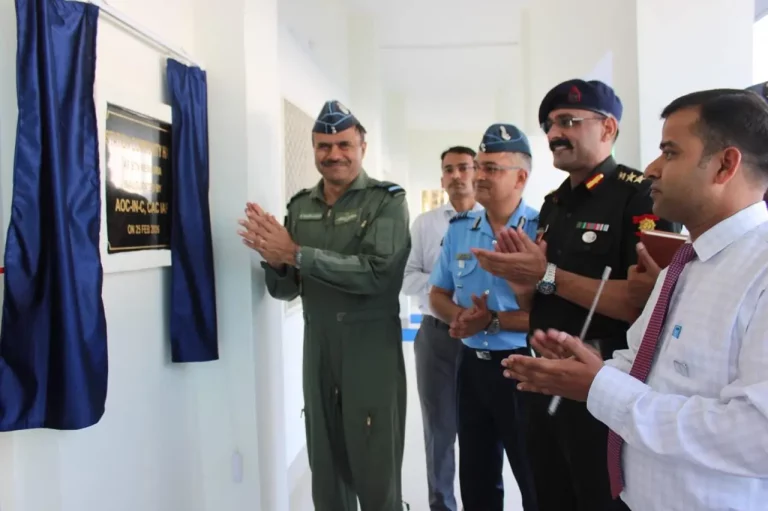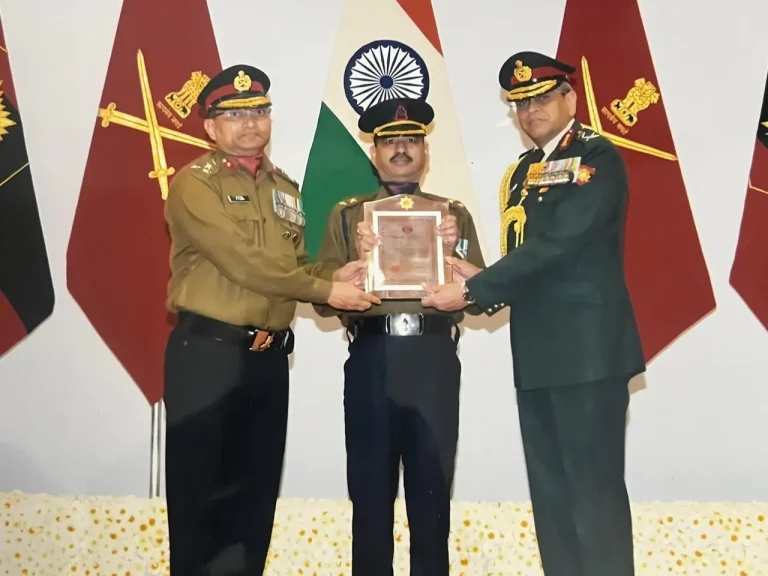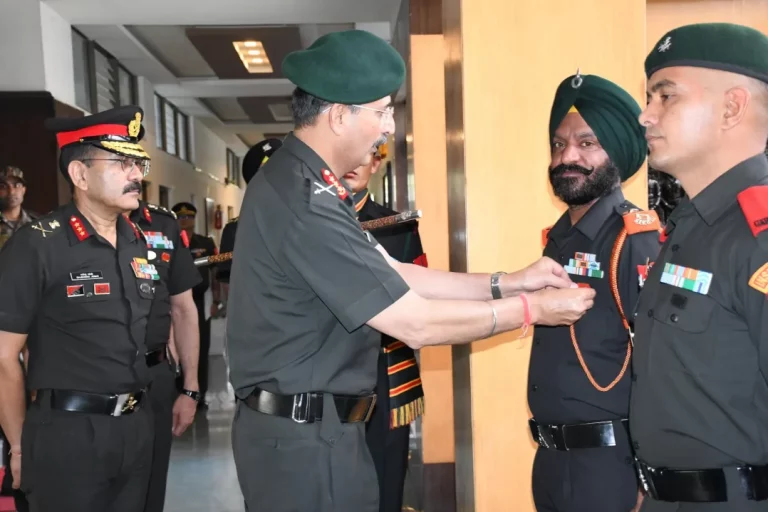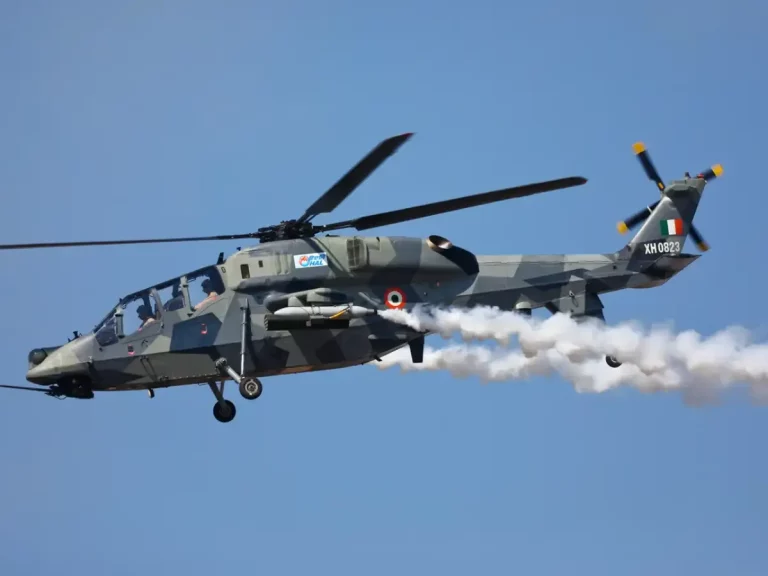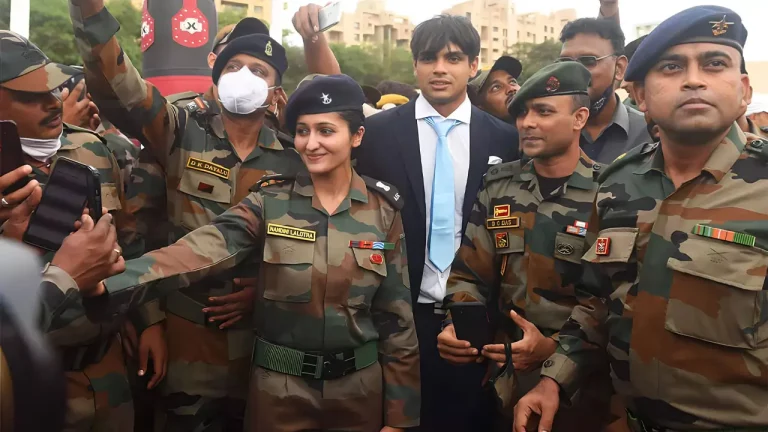In a strong diplomatic response, India has firmly rejected Pakistan’s claims of missile strikes on Afghan territory, labeling the allegations as “entirely false, inflammatory, and intended to mislead.” The statement was made by Foreign Secretary Vikram Misri during a press conference, coinciding with rising regional tensions following India’s recent anti-terror operation, Operation Sindoor, conducted on May 7.
Misri emphasized, “No Indian missiles have targeted Afghanistan. These claims are completely baseless,” reaffirming India’s historical ties with the Afghan people. He pointedly remarked that “the Afghan people don’t need to be reminded which country has historically targeted civilians in Afghanistan,” implicitly referencing Pakistan’s long history of supporting insurgent groups in the region.
The Ministry of External Affairs (MEA) provided further clarification, describing Operation Sindoor as a “measured and non-escalatory” mission. This operation targeted nine known terror launchpads—four located inside Pakistan and five in Pakistan-occupied Jammu and Kashmir (PoJK). The strikes were executed in retaliation for a deadly terror attack in Pahalgam on April 22, which claimed the lives of 26 civilians, including 25 Hindu pilgrims.
Pakistan’s accusations regarding Indian drone strikes on Afghan territory were quickly dismissed by Indian officials and fact-checkers. The Press Information Bureau (PIB) flagged numerous viral videos and images circulated on Pakistani social media as manipulated or fake, asserting they are part of a broader disinformation campaign.
In his address, Misri also highlighted Pakistan’s destabilizing role in Afghanistan over the past decades, referencing its documented support for the Taliban and other extremist factions during the 1990s and early 2000s. This point is corroborated by multiple international watchdogs and U.N. reports.
While the Afghan government has not issued an official response to the accusations from Pakistan, New Delhi reiterated its commitment to Afghan reconstruction and peace. India has long been a significant regional development partner for Afghanistan, making substantial investments in infrastructure, education, and healthcare.
Strategic experts perceive Pakistan’s latest accusations as a deliberate attempt to internationalize the conflict and undermine India’s targeted military operations. A senior analyst at the Institute for Defence Studies and Analyses (IDSA) described the situation as “classic narrative deflection,” aimed at shifting focus away from Pakistan’s state-sponsored terrorism towards imaginary external threats.
As military readiness remains heightened along the Line of Control (LoC), diplomatic efforts are ongoing, with global powers urging restraint. Given the rise of misinformation as a potent tool in this standoff, India’s clear and assertive communication strategy is anticipated to play a crucial role in shaping international perceptions.
Amid ongoing tensions, India has urged the international community to hold Pakistan accountable for its fostering of terrorism, rather than allowing it to divert attention with unfounded allegations.
